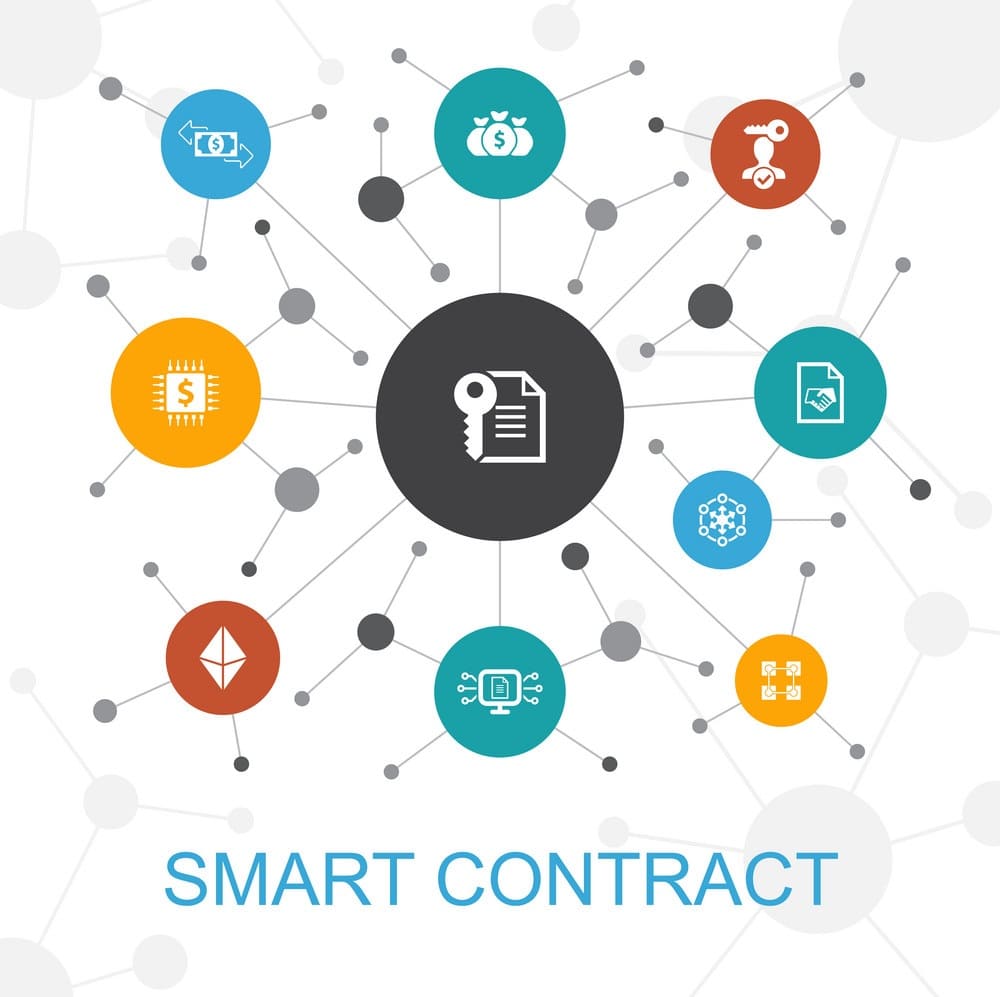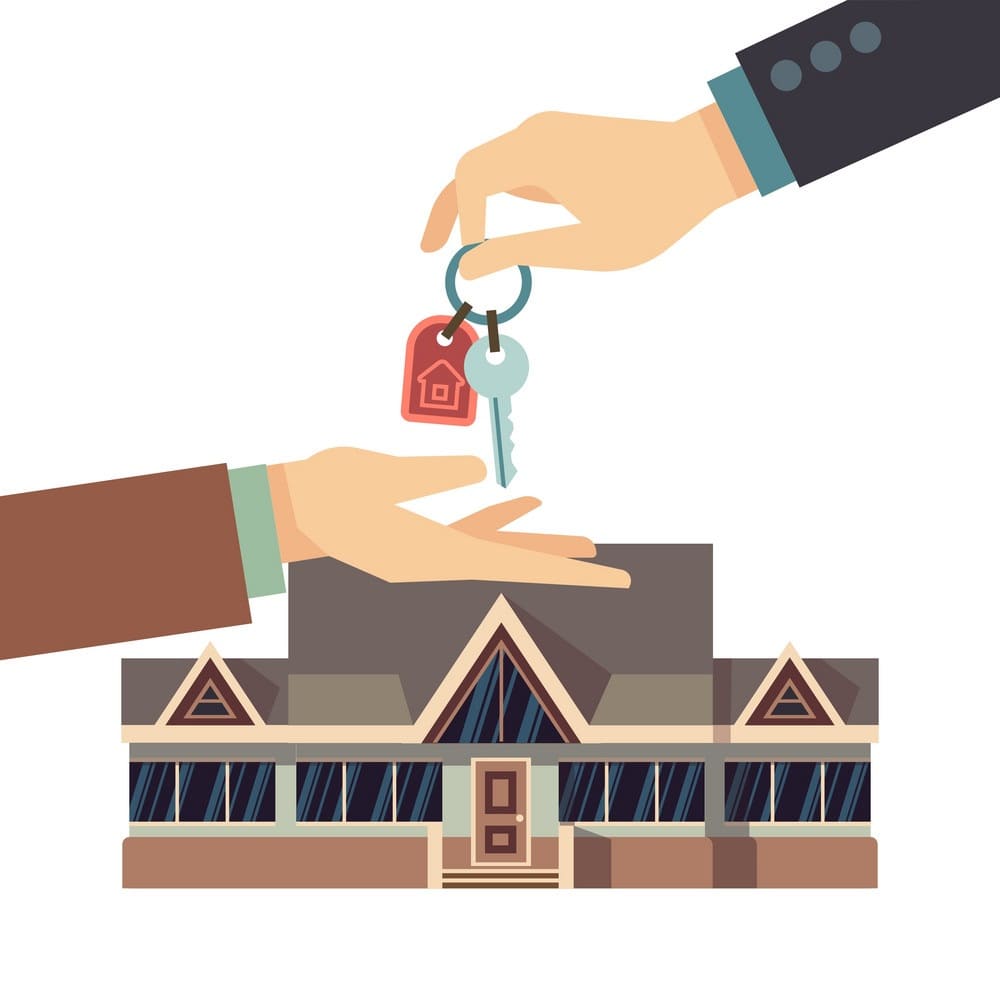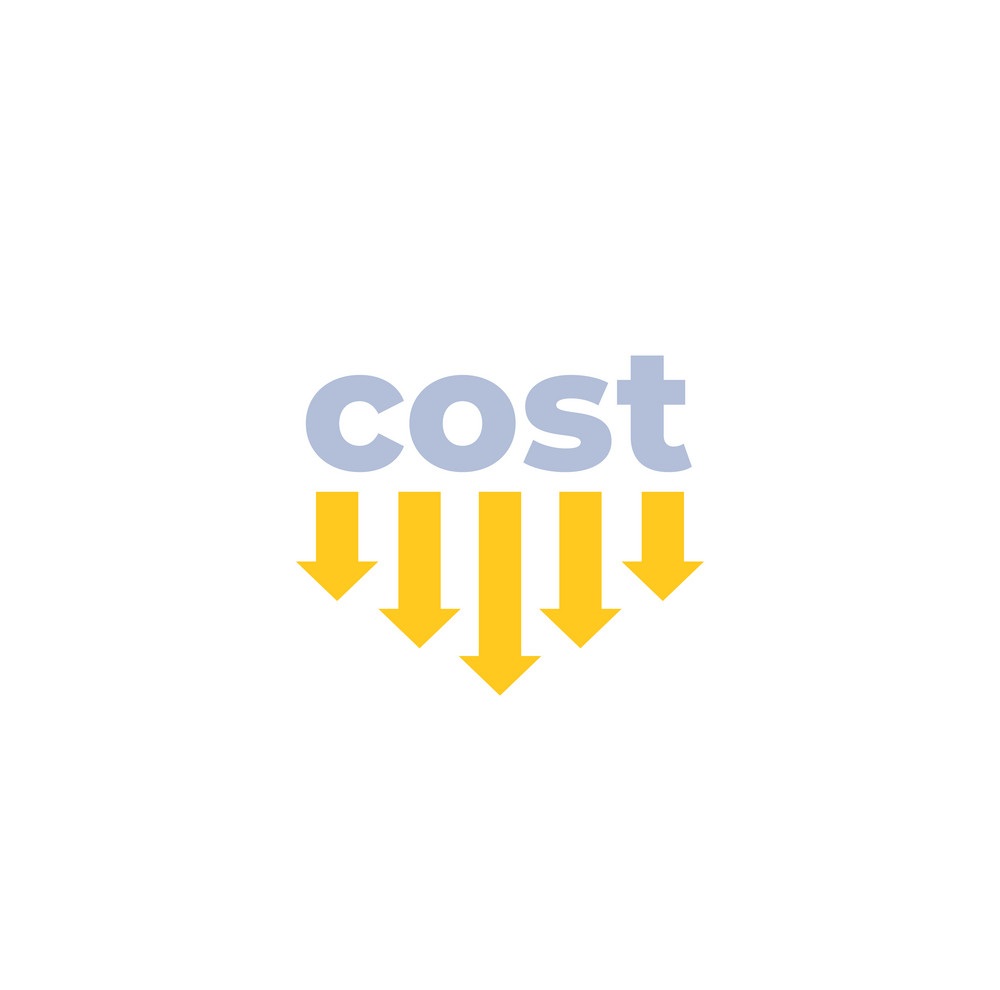Blockchain in Real Estate: How This Technology is Changing the Industry
Blockchain technology is influencing how different sectors operate. With its features such as immutability and decentralization, it is transforming the face of various industries. Let us find out how blockchain will transform the real estate sector.
Blockchain is a game-changer technology that has begun to shake up different industries across the world. Real estate is one of those industries that cannot escape blockchain disruption. Blockchain has the potential to influence all aspects of traditional real estate. Blockchain in real estate can influence property search, transactions, ownership, and more. In this blog, we will discuss how this technology can transform the real estate sector.
Understand what is blockchain and how it works, read our post – What is Blockchain?
Table of Contents
What are the Challenges Faced by the Real Estate Sector?
Best-suited Blockchain courses for you
Learn Blockchain with these high-rated online courses
What are the Challenges Faced by the Real Estate Sector?
The real estate industry faces several challenges. The following are the specific areas for which the real estate industry needs to find solutions.
- High transaction fees
- Lack of transparency
- Risk of fraud
- A large number of middlemen (they may pose issues such as undue influence and commissions)
- Slow transaction speed
- A lot of paperwork
Enhance your understanding of blockchain technology with an online course. Explore the Best Blockchain Courses here.
How Can Blockchain Change the Real Estate Industry?
Blockchain provides various solutions to overcome the issues in the real estate market. It has the potential to resolve the challenges and make the sector more efficient and growth orientated.
Blockchain is not only capable of disrupting business processes built on transactions. It is much more than that. The key features of blockchain, such as immutability can provide a safe space for the real estate business. Here are some ways in which blockchain can transform the real estate industry:
Property Search Platforms and Marketplaces
In the current scenario, buyers and sellers connect on multiple property listing platforms. These may demand fees. The property data on them may be inaccurate or outdated. Blockchain can help prevent these challenges. It can enable storing all property data on a single centralized database. It will offer the following benefits:
- Better management of all your properties with one comprehensive system
- Accurate data
- Frequent update and backup of data
- Eliminate the need to pay subscription fees to third-party platforms
- Tamper-proof data logs with every single piece of information about a property
Also Read: How Will Blockchain Technology Change the Way We Do Business?
Smart Contracts
The real estate process required management of cash flow, lease agreement, and more. Blockchain can help deal with these issues through smart contracts.
What are Smart Contracts?
Smart contracts are self-executing automated contracts. They have specific instructions written on their code. The instructions are executed when certain conditions are met. Smart contracts can replace traditional contracts that describe mutual terms of agreements. They can automatically record all data related to payments and transactions without any intervention.
Benefits of Smart Contracts
- Save time
- Safety from fraud
- Fast transaction speed
- Eliminate the need for middlemen
Tokenization
Another challenge in the real estate market is ensuring the security of assets. Blockchain helps resolve this issue by tokenization. Blockchain divides a real estate asset into digital tokens. Tokens represent smaller units of a property. Any investor can purchase these tokens to gain fractional ownership of the property.
These tokens can assign ownership rights, store rules, and save transactional history. Users can also trade these tokens in the market similar to stocks and cryptocurrency.
Benefits of Tokenization in Real Estate
- Improved liquidity
- More security
- Removes middlemen
- Reduce transaction costs
- Greater transparency
- Immutable nature
- More people can invest with minimum capital
Fractional Investing and Ownership
Some people cannot invest in a high-priced property. Blockchain technology offers fractional investment options to such buyers. Fractional ownership refers to the combined ownership of a single asset by several investors. Thus, multiple owners can own a portion of a property that they cannot afford individually.
Prevent Title and Deed Fraud
Title and deed frauds are common nowadays. Blockchain in real estate can help in preventing such frauds. Blockchain stores all property and owner information and legal documents in a single database. It will prevent any third party from taking control of your assets.
Must Read: How Blockchain Technology Can Change The World Around You
No Intermediaries
Real estate buying and selling involve a large number of intermediaries, such as brokers, banks, and lawyers. This increases complexity and cost. However, blockchain can cut the need for middlemen in the real estate process. As a result, buyers and sellers will save money. They will save commissions charged by these intermediaries. It will also make the process fast as the communication with the intermediaries will get cut.
Lowered Costs
Blockchain can help us automate the entire real estate process. This will result in cutting down on costs. Automation will remove all unnecessary processes and replace intermediaries. Therefore, there would be no need to pay for their fees and commissions. The use of blockchain in real estate may also reduce or eliminate other costs such as registration fees, loan fees, and taxes.
Explore Free Online Courses with Certificates
Real Estate Process using Blockchain
Now the question is – what will the real estate process look like? The real estate process after the application of blockchain will include the below steps.
- Buyers and sellers create their profiles on an online marketplace for properties. Buyers and sellers will meet at the marketplace to know the property. They get details about the owner, location, property area, and custody chain.
- Use blockchain identity verification methods to identify users. Banks, investors, agencies, or the government can run these methods.
- When both parties decide to go ahead, all details will be recorded in a smart contract.
- The seller gets the payouts and the buyer gets the acknowledgment of ownership based on terms and conditions in the smart contract.
- Blockchain records all the data with the time-stamp.
Final Thoughts
Blockchain technology has the potential to transform real estate. It can ensure faster execution of transactions, improved transparency, and other benefits. With growing popularity, we may expect more use cases of blockchain in real estate in the future. With the right implementation, it can push the existing real estate sector to new heights.
Check Out the Best Online Courseswe
_________________
Recently completed any professional course/certification from the market? Tell us what liked or disliked in the course for more curated content.
Click here to submit its review with Shiksha Online.
FAQs
How will blockchain change the real estate industry?
Blockchain can benefit the real estate sector in many ways. It provides benefits like: u2022 Faster transactions u2022 More transparency u2022 Better traceability u2022 Reduce the need for third parties u2022 Lower cost of transactions u2022 Ease the process of property and deed management
How can blockchain affect property registries?
Property registries need a lot of paperwork. They are prone to fraud and mismanagement. Blockchain replaces paperwork with digital assets. It also enables tracking changes on an immutable ledger. Blockchain makes the process simpler, faster, and secure.
This is a collection of insightful articles from domain experts in the fields of Cloud Computing, DevOps, AWS, Data Science, Machine Learning, AI, and Natural Language Processing. The range of topics caters to upski... Read Full Bio










